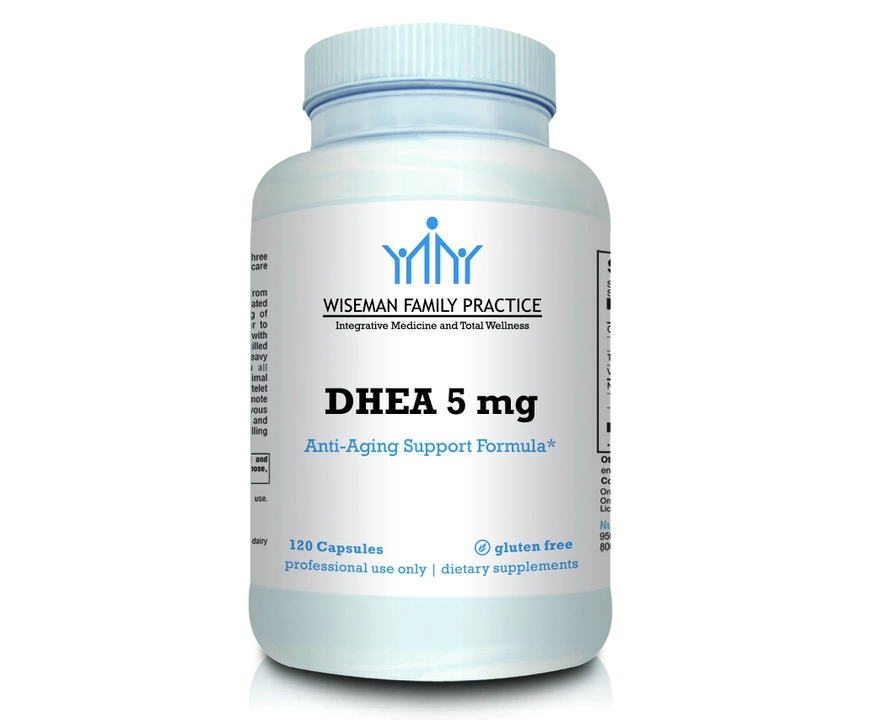Immune support: practical ways to boost your defenses
Your immune system handles daily threats you never notice. Want simple, proven steps that help? This page gives clear, useful habits and safe supplement tips to support immunity without hype.
Daily habits that actually help
Sleep matters. Aim for 7–9 hours most nights. Poor sleep lowers vaccine response and raises infection risk. Make a bedtime routine, cut screens 30 minutes before bed, and keep your room cool and dark.
Move your body. Moderate exercise—like brisk walking 30 minutes most days—cuts inflammation and helps immune cells move around. Overtraining can backfire, so avoid long, intense sessions everyday.
Eat for variety. Fill half your plate with vegetables and fruits, add whole grains, lean protein, and healthy fats. Fiber feeds your gut bacteria, and a healthy gut helps immune signals stay balanced.
Manage stress. Chronic stress raises cortisol and weakens immune response. Try short practices you enjoy: a 5-minute breathing break, a quick walk, or regular social time with friends.
Practical supplement guidance
Supplements can help when diet or sun exposure falls short, but they don’t replace healthy habits. Vitamin D is one of the most studied for immune support. Many adults have low levels, especially in winter. Check your level with a doctor and take a guided dose if needed.
Vitamin C and zinc can shorten colds when started early. Typical approaches use 500–1000 mg vitamin C daily and short courses of zinc lozenges at first signs of a cold. Watch for side effects like stomach upset or zinc taste issues.
Probiotics may help with gut-immune balance. Look for strains backed by research for the condition you want to target. Avoid mega-doses of anything without medical advice.
Be cautious with herbal or new remedies. Some plant extracts sound promising but lack consistent quality or proven benefit. Tell your healthcare provider about any supplement—especially if you take medication or have autoimmune disease.
When to call a doctor: persistent high fever, breathing trouble, symptoms that worsen quickly, or immune-suppressing conditions like ongoing chemotherapy. If you’re on immunosuppressant drugs, talk to your specialist before using new supplements or vaccines.
Small changes add up. Prioritize sleep, steady movement, varied whole foods, and stress breaks. Use vitamin D, C, zinc, or probiotics thoughtfully and under guidance. That combo gives you practical immune support that fits into real life.
Vaccinations are a big part of immune support. Keep routine vaccines up to date and ask your doctor about flu and other shots. Hygiene helps too: wash hands, avoid close contact with sick people, and clean shared surfaces during cold season. Limit alcohol and quit smoking—these weaken immune defenses. Stay hydrated; water supports mucous membranes that block germs. If you have diabetes or are over 65, work with your doctor to tailor an immune plan. Finally, if you try a new supplement, give it a month and watch for changes; keep a log of sleep, symptoms, and any side effects so you and your clinician can judge whether it helps safely.
Boneset: The Time-Tested Dietary Supplement for Immune Support, Pain Relief, and Beyond
As a blogger, I recently discovered the incredible benefits of Boneset, a time-tested dietary supplement. This natural remedy, derived from the Eupatorium perfoliatum plant, is known to provide immune support, pain relief, and so much more. I've found that incorporating Boneset into my daily routine has significantly improved my overall health. Its anti-inflammatory and immune-boosting properties have truly been a game-changer for me. If you're looking for a natural supplement to support your well-being, I highly recommend giving Boneset a try!






